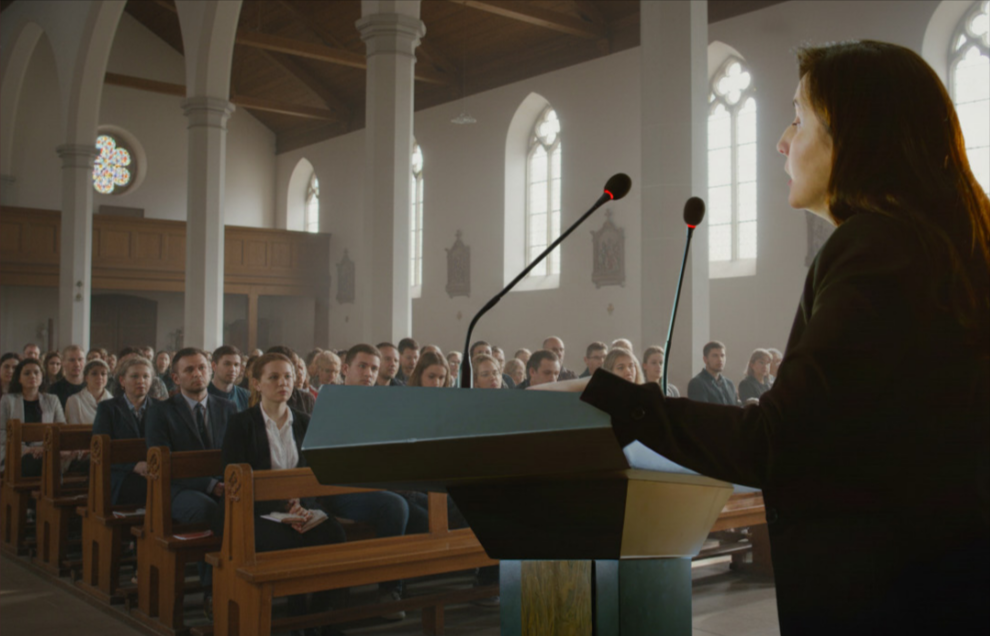How to Plan Your First Funeral for a Loved One

Navigating the First Steps
Planning a funeral for the first time can feel overwhelming, especially amid grief. Immediate priorities include contacting medical professionals for official pronouncement and notifying a funeral home for transportation and care. Families should take time for private goodbyes before rushing into decisions, ensuring these early moments provide closure.
Choosing the Right Support
Selecting a funeral home is a critical step. Families should consider location, reputation, and available services while requesting itemized price lists as required by law. The arrangement conference typically occurs within 24–48 hours and covers service preferences, burial or cremation decisions, and merchandise options. Bringing essential documents and personal items helps streamline this process.
Service Planning and Personalization
Funeral services can be traditional, memorial, or celebratory, with venues ranging from chapels to meaningful outdoor spaces. Personal touches-such as favorite music, photo displays, and memory tables-create a tribute that reflects the deceased’s life. Families should also plan for legal tasks like ordering death certificates and filing benefits claims.
Financial and Emotional Considerations
Costs vary widely, but transparency and early discussions prevent surprises. Payment plans and assistance programs are available, and families should feel comfortable discussing budgets. Beyond logistics, funerals offer emotional healing, providing structure and community during loss. Ultimately, the most meaningful service balances tradition with personalization, honoring life while supporting those left behind.
Read the full 14-page article. FREE Download for your convenience.
Click the button below.




